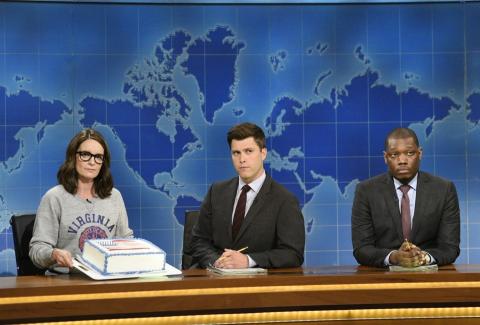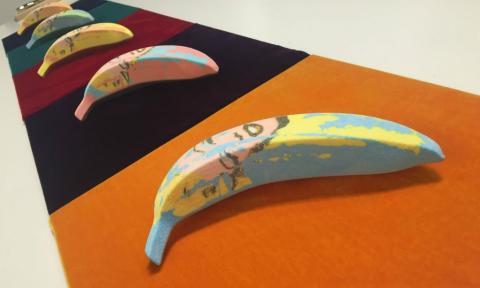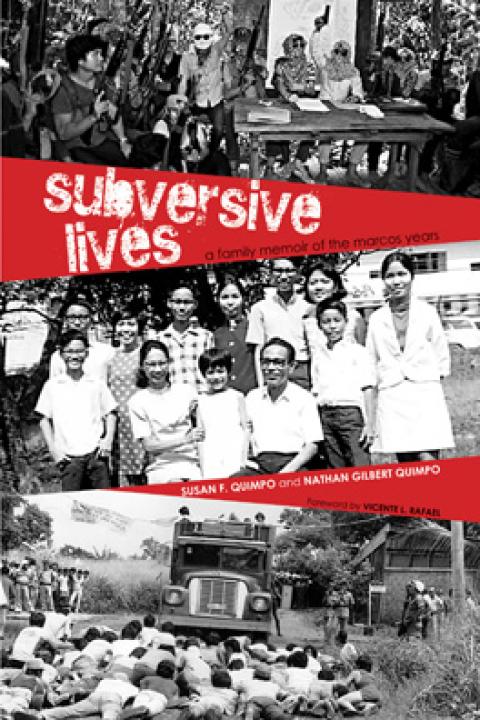Was It Something I Hate? the Science of Food Preferences
Cook's Science

In his new book, Einstein’s Beets: An Examination of Food Phobias, the distinguished writer and scholar, Alexander Theroux, discusses some of the current scientific and psychological research into food preferences and aversions








Spread the word